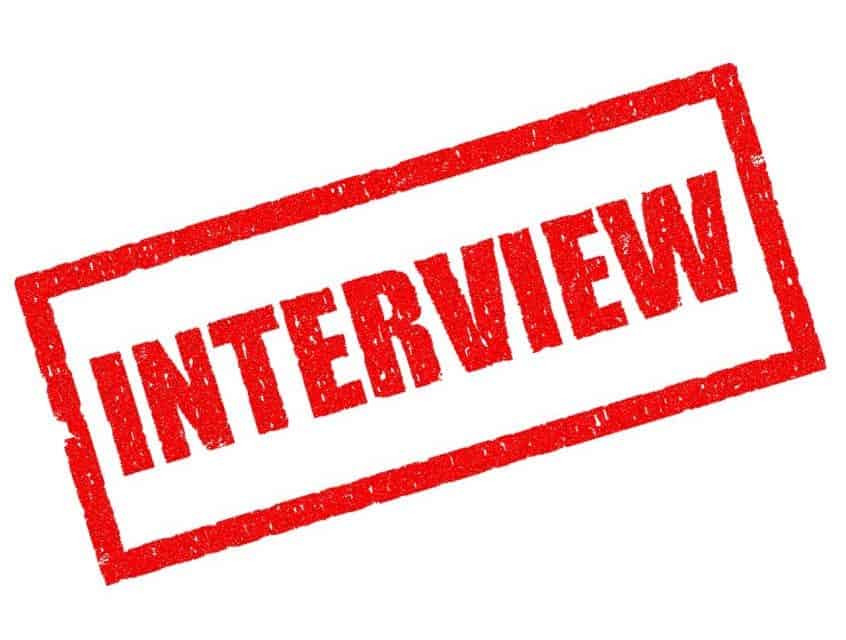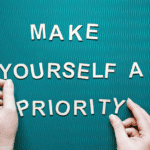When you go for a job interview, you’re under some stress. That’s why you should commit these suggestions to memory.
1. Always prepare
Can you answer this: “What do you know about our company?” Study background information: the company history; their branch locations; different divisions; and their mission statement. Check the ‘About Us’ section on the company’s
2. Dress appropriately
Dressing inappropriately can work both ways. You will certainly want to wear a suit or equivalent if you are to be interviewed for a professional position. When interviewing for a more casual role, such as a summer lifeguard job at a fun park, you may dress in neat, casual attire.
If you aren’t sure, visit the organisation and watch employees going into the office/workplace to see what they are wearing. Match it. Have freshly laundered or drycleaned clothes. Ensure you’ve fresh breath and no body odour.
3. Improve your communication skills
It’s essential to connect positively with the person who might hire you. Shake hands firmly, make eye contact, exude confidence, engage the person you are speaking with, and ask questions which show you’re genuinely interested. This way you let the interviewer know you’re an excellent candidate before you’ve even answered their questions.
4. But not too much communication
Believe it or not, one job candidate, (who didn’t get the job), answered his
Tip: turn it off before you enter the building. Not to vibrate, OFF! Don’t take coffee, food, pets or anything other than your résumé, your job application, and your list of references into the room.
5. Don’t talk too much
There is nothing worse than interviewing candidates who go on and on, usually about themselves. The interviewer doesn’t need to know your whole life story. Keep your answers succinct and focused.
6. Be sure you talk enough
It’s really hard to communicate with someone who answers a question with just a word or two. A candidate who answers a question with another question is just as awkward. It isn’t pleasant. So, even though you shouldn’t talk too much, you do want to be responsive and fully answer questions as best you can.
7. Don’t give out fuzzy facts
Even if you have submitted a résumé when you applied for the job, you may be asked to fill out a job application form. Make sure you have all the information you need WITH YOU to complete an application including dates of prior employment, graduation dates, and referee contact names and telephone numbers. Everything should match. That’s why you must bring a copy of your CV to the interview.
8. Don’t give the wrong answer
Make sure you listen to the question. Take a moment to gather your thoughts before you respond. One interviewer described a sales position to the candidate. She emphasised that cold calling and prospecting were important skills. The candidate responded: “I hate cold calling and prospecting. Besides, I’m not good at it.” Her response ensured she wouldn’t get offered the job!
9. Don’t badmouth previous employers
Don’t say your last boss was an idiot. Don’t say you hated your job and couldn’t wait to leave. Criticising the last company you worked for won’t help your case. The interviewer may conclude you’ll criticise their company in the same way some day. It’s a small world and you don’t know who your interviewer might be best buddies with, including that boss you called an idiot.
10. Remember to follow up
Are you afraid you didn’t make the best impression? Are you sure you aced the interview? Either way, be sure to follow up with a thank-you letter reiterating your interest in the position. Finally, even if you do flub the interview, don’t take it to heart. Learn from your mistakes and move on to the next possibility.
-Alison Doyle. Reproduced for educational purposes.










